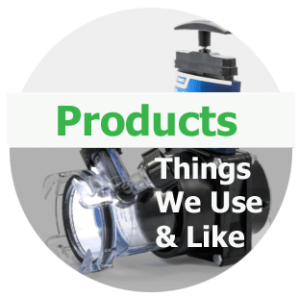

Welcome to my website about Small Travel Trailers
Learn what you need to know about buying, owning and traveling
Product Suggestions
A great getting started list
based on what works well for us.
Campground Reviews
My notes about campgrounds and
RV parks where we've stayed
Let Me Hear From You
Drop me a note if you have any questions, comments, or suggestions.
My Blog
Articles by Denny related to
Small Travel Trailers
Most Popular Articles
- How I Installed a Rearview Camera on my Small Travel Trailer
- Five Tips to Simplify Backing Up a Trailer
- All about Surge Suppressors and how they will protect against dangerous electrical problems
- Improving the TV Reception in Our Small Travel Trailer
- Three of my All-time Favorite Camping Accessories
- Two Things to Simplify Cleaning Your Sewer Tank
Just getting started?

Denny Johnson
Small Travel Trailers are my Passion
I love small travel trailers and traveling with them. We've had our Casita since 2014 and owned a pop-up camper for several years before that. As you can imagine, I've made a lot of mistakes. But as a result, I eventually figured out how to do things that work well.
This site is all about what we've learned. It does not included a lot of untested ideas, or the opinions of others. Everything here is based upon what works well for us. I'm hoping it will help you and save you from making some of the mistakes we did early on.
Be sure to drop me a note should you ever have questions.
- Denny
I've enjoyed eight great years of interaction with thousands of other small travel trailer owners. Thanks for all your support, and hopefully a few of us will meet again somewhere in the woods or on the road! - Denny




